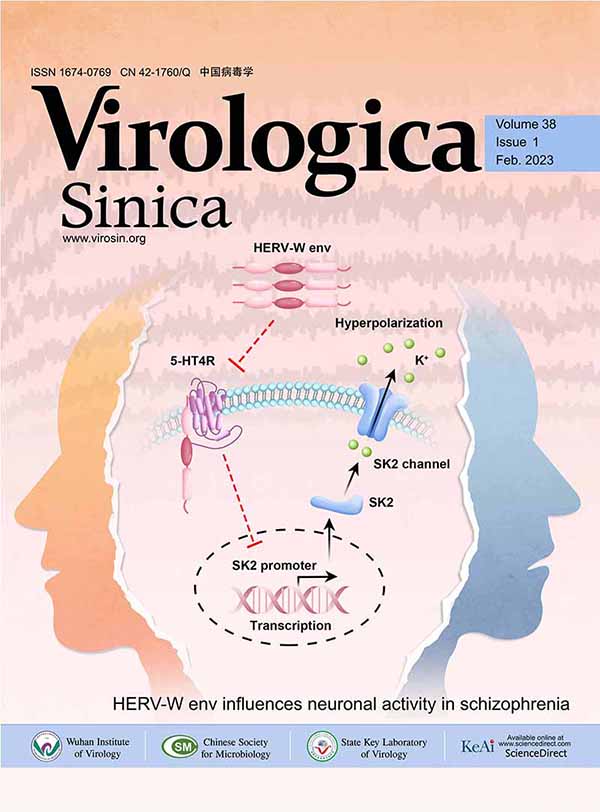Inhibition of Hepatitis B Virus Replication by pRNA-escorted siRNA
Abstract: The objective of our present study is to explore the potential use of pRNA as a bio-carrier of siRNA to inhibit HBV gene expression and replication. After co-transfected with pHA-HBs into 293T cells, HBVsi18-42, a pRNA-escorted siRNA, suppressed HBsAg and accumulated in the cells in a dose-dependent fashion. HBVsi18-42 substantially inhibited HBV gene expression and replication initiated by pHBV1.3 in HepG2 cells. In hydrodynamic injection mouse model, Balb/cJ mice were co-injected with pHBV1.3 and HBVsi18-42. Serum concentrations of HBsAg were analyzed by ELISA on days 1, 2, and 3 post-injection. HBV core protein in mouse liver was visualized by immunohistochemical staining. The results showed that the HBsAg levels in mice sera were reduced by 60%~90% in consecutive days relative to the control group, and the number of HBcAg positive hepatocytes in the mouse liver sections was decreased substantially by 79.1%. Our preliminary data showed that pRNA could be used as bio-carrier for the delivery of siRNA to knock down HBV gene expression and repress viral replication.













 DownLoad:
DownLoad: